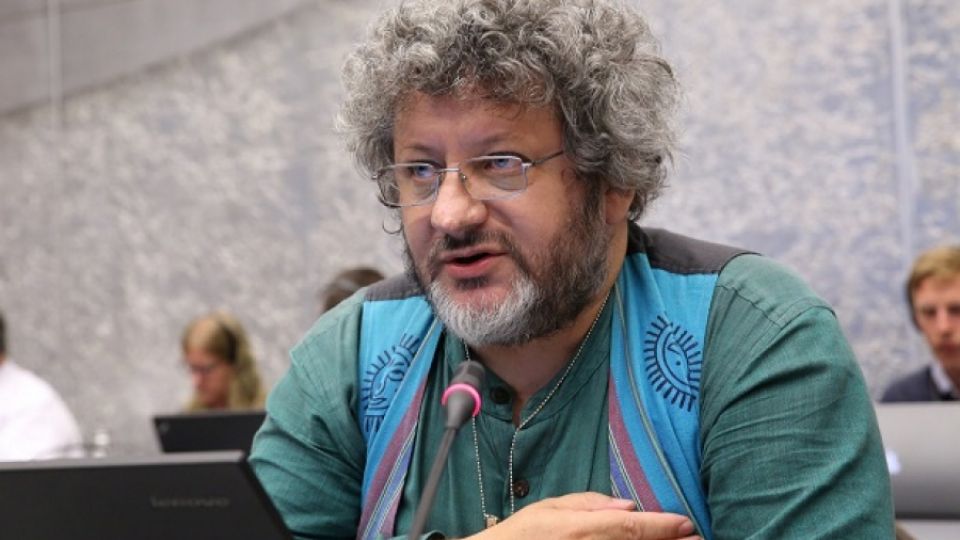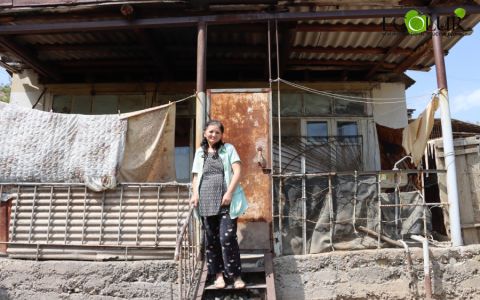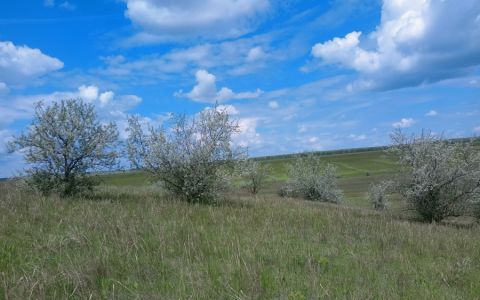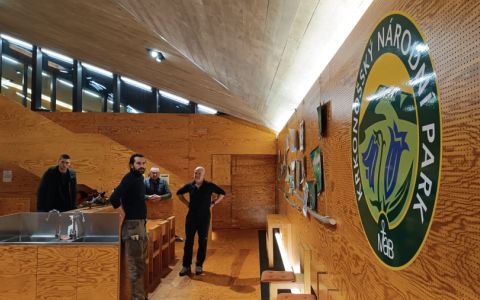Jindřich Petrlík, Arnika's representative intervened at current Basel Convention's Open-ended Working Group meeting in Geneva on behalf of IPEN, a global network of more than 500 civil society organizations (CSOs) from in over 100 countries. He urged delegates to set more strict limits for very toxic and very persistent chemicals in wastes in order to prevent their re-circulation into the environment and consumer goods such as for example toys for children.
This is the full text of the intervention at the Basel Convention OEWG meeting held in Geneva from 3rd to 6th September:
"I speak on behalf of IPEN, a network of more than 500 civil society organizations from in over 100 countries. We appreciate the work done by Small Intersessional Working Group on the update of the Technical Guidelines addressing the POPs wastes.
Dear delegates, let me share with you recent experience from the meeting in Poland last week, where experts from the whole world met to share their most recent findings on persistent organic pollutants. I bring good and bad news from there: while levels of some POPs banned a long time ago decline in the worldwide environment, others including some brominated flame retardants or perfluorinated compounds are still rising. POPs travel long distances not only with wind and water currents but also in wastes. Many African and Asian sites witness this fact also due to e-waste not being managed in a proper way. This continues to lead to increased levels of toxic chemicals in the food chain. POPs poison local food sources also because of weak limits for the definition of waste being a POPs waste. That is also one of the observations from different hot-spots worldwide. POPs waste cannot be exported to countries with no technical capacity to destroy it in an environmentally sound way, this is why limit values set as low POPs content in Technical Guidelines are so crucial for POPs waste transboundary movement as well.
Short-chained chlorinated paraffins, polybrominated diphenyl ethers, hexabromocyclododecane, dioxins and dioxin-like PCBs should have stricter limits than those provisionally set in the technical guidelines or currently proposed. The most recent proposal to set the weakest low POP level ever for short-chained chlorinated paraffins at 10,000 ppm raised big concerns as this level will lead to the recycling and re-circulation into the environment of significant amounts of toxic POPs. We call for a revision of the weak standards leading to serious environmental contamination.
General Technical Guidelines should also better reflect the fact that some technologies suggested for POPs destruction are, in fact, one of the major sources of POPs, as listed in Annex C to the Stockholm Convention."
Links to related documents available:
Low POPs Level must be low - IPEN factsheet
High levels of PCDD/Fs around sites with waste containing POPs demonstrate the need to review current standards - an abstract for Dioxin 2018 Symposium
Toxic Ash Poisons Our Food Chain - a report on dioxins in waste, fly ash in particular
More information and/or studies on this topic are also available at https://www.researchgate.net/profile/Jindrich_Petrlik2/contributions







